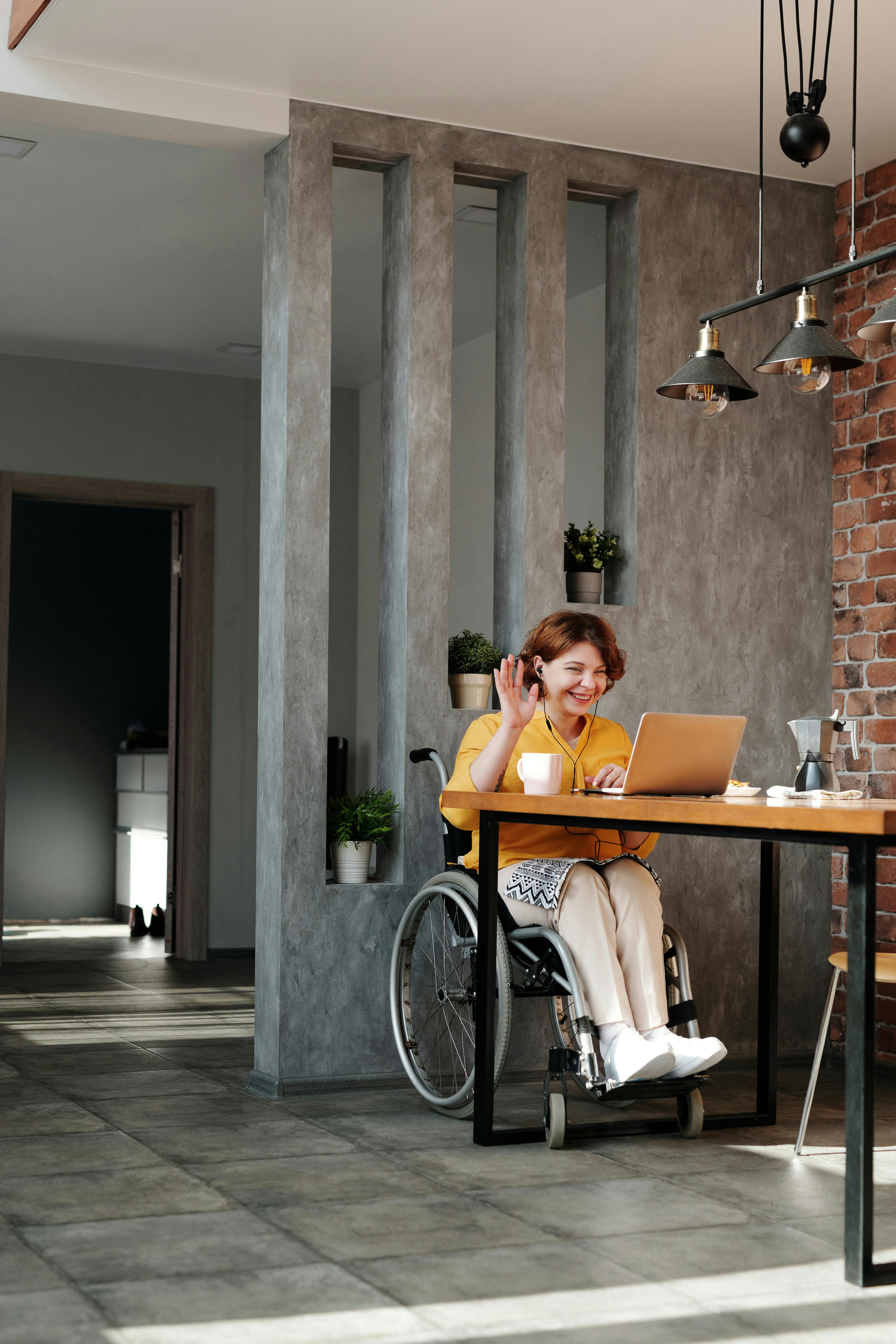Introduction
Receiving a diagnosis of ADHD, autism, or another neurodiverse trait as an adult is often more than a label, it's a profound turning point. You might feel relief, fear, confusion, or even sadness as old stories get rewritten and new questions rise.
What does it mean to move through life with this understanding? How do you find support, build routines, and discover community in a world not always built for neurodiverse minds?
Know this: there’s hope. Being neurodiverse isn’t about being “less than”, it’s an invitation to meet yourself gently, to craft systems that serve you, and to find belonging right where you are. In this guide, you’ll find practical steps for embracing your diagnosis, building daily habits, finding digital support tools, and most importantly, fostering self-acceptance as you step into your new chapter.
Understanding Your Diagnosis
Learning you are neurodiverse as an adult can bring a flood of relief as well as fresh doubts. Many adults report feeling isolated at first, but understand, you are not alone. A diagnosis doesn’t change who you are; it finally explains why certain things felt harder, why your brain sings in brilliant, unexpected ways.
Start your journey by educating yourself. Read articles and books about your diagnosis, listen to podcasts, and connect with others who experience the world as you do. Seeing your traits reflected by others can help dissolve shame and cultivate community.
It’s also important to notice how your traits play out in daily life. Maybe crowds overwhelm you or small, organized lists give you calm. The more you understand your patterns, the more empowered you’ll feel, and the better you’ll be able to self-advocate for support at work, home, and beyond.
Building Daily Routines That Serve You
Neurodiverse adults often thrive when daily life is tailored to their unique rhythms. Start small: develop rituals, use visual aids, and embrace reminders, not as crutches, but as bridges to possibility.
- Use written or digital planners to break tasks into small, actionable steps.
- Set up routine cues (like phone alarms or sticky notes) for appointments, medications, or meals.
- Design your space for focus: noise-cancelling headphones, fidget tools, or decluttered desks can foster calm and clarity.
Don’t be afraid to experiment, what supports one neurodiverse brain may not help another. Your goal is not perfection, but creating systems that help you thrive.
Finding Digital Support & Community
Technology can be a lifeline for neurodiverse adults. The right tools can offer reminders, community, emotional support, and strategies for self-management.
Apps for neurodiverse support: Tools like InFlow (for ADHD management), Calm Harm (emotional regulation), Bearable (mood/health tracking), and community forums (like Hiki for social connection) offer support customized to your needs, from emotional check-ins to creative meditation.
Routine-Building Platforms: Digital calendars, visual schedules, and note-taking apps help with organizing daily life, breaking down overwhelming projects, and creating structure in a supportive way.
The My Special Needs App: Designed for the neurodiverse community, it helps track routines, set gentle reminders, and connect with support, without judgment or complexity.
Don’t forget: joining online support groups or following neurodiverse advocates on social media can help you see that your struggles are shared and your uniqueness is celebrated.
Fostering Self-Acceptance
Perhaps the greatest journey, post-diagnosis, is toward self-acceptance. Cultural myths about “normalcy” or productivity can be difficult to unlearn. Gently challenge the standards you carry, are they yours, or someone else’s? Practice self-compassion. Your neurodiverse traits do not reduce your worth. They shape a story deserving of kindness.
Here are a few powerful exercises:
List both your strengths and the areas you struggle. Honor both; they are part of your wholeness.
Create a personal affirmation: “I am worthy and valuable just as I am. My focus challenges do not define me.”
Consider sharing your neurodiverse identity, at your own pace, with trusted loved ones or colleagues.
Embrace imperfection. Small acts of self-kindness, like celebrating incremental progress or forgiving a tough day, will build resilience over time.
Top 5 Self-Advocacy Tips
Learn all you can about your diagnosis from trusted sources and communities
Ask for accommodations at work, school, or home, these are your rights, not privileges
Build daily routines tailored to your energy and focus patterns
Use digital tools for reminders, scheduling, or community, it’s not “cheating,” it’s smart support
Connect with fellow neurodiverse adults, belonging and shared understanding can transform loneliness into strength
Conclusion
Receiving your diagnosis is not the end, it’s the opening of a door. Every step towards understanding, connection, and self-acceptance is worthy of celebration. Embrace your neurodiverse journey with compassion, curiosity, and practical tools like the My Special Needs app.
Download the app to discover gentle reminders, supportive routines, and real community, so you never have to navigate this alone.
Because care should feel human, not clinical. Download My Special Needs today, and find calm, connection, and community, one day at a time.


